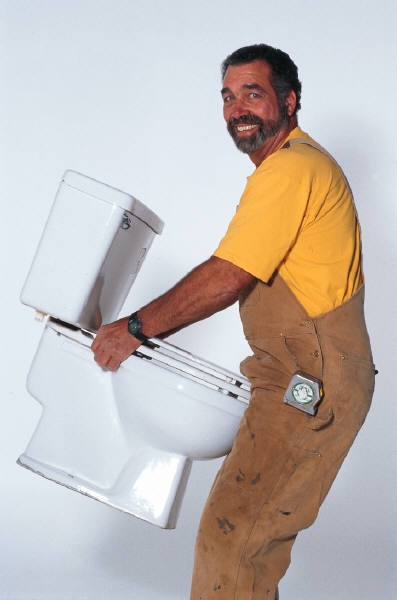
“Stool transfer”
Yes, really! Fecal transplants are now a highly effective therapy for a difficult-to-treat colon infection that causes severe diarrhea. The use of feces (stool) to treat severe diarrhea or food poisoning was first described by Ge Hong, a Chinese medicine doctor, in the 4th century. In the 16th century, another famous Chinese physician, Li Shizhen, described using fresh or fermented fecal products, called “yellow soup”, to treat severe diarrhea, fever, pain and constipation.
The most accurate name for this procedure is fecal microbiota transplants or FMT. Microbiota is the name for tiny organisms like bacteria that can only be seen with a microscope. In FMT, the bacteria from the bowel movements of a healthy donor are placed into the colon or large intestine of a patient using a tube, enema or colonoscope.
Clostridium difficile (or C. diff) is the name of the bacteria which causes severe diarrhea following antibiotic treatments for medical conditions. FMT has an amazing success rate for curing C. diff diarrhea, and it may be useful for other conditions such as irritable bowel syndrome (IBS), ulcerative colitis, and chronic constipation. It is even being explored as a treatment for conditions like obesity, autism, and Parkinson’s disease.
Nobody dines alone
Every meal you eat feeds not just you, but trillions of bacteria in your intestines. There are 10 times more organisms in and on your body than the number of human cells. Microorganisms like bacteria cover our bodies – both inside and out – in our guts, and on our skin and mucus membranes like the nose. Bacteria are usually thought to be harmful, and indeed they do cause common diseases such pneumonia, skin infections, and the diarrhea and vomiting from food poisoning. However, they are also beneficial, even necessary, for our health. They turn the food we eat into nutrients our bodies can use, and they play an important role in our immune systems.
Don’t try this at home (without an expert’s guidance)
Despite the abundance of human feces, FMT is not a do-it-yourself project. As mentioned earlier, the stool for FMT must come from a healthy donor and needs to be tested for disease-causing bacteria and viruses. FMT is best managed by a medical or naturopathic doctor familiar with the procedure. Despite the “yuck” reaction that people might have to the idea of fecal transplants, most patients who had a C. diff infection and transplant would willingly have the procedure repeated.
Restoring a natural balance
It’s not surprising that fecal transplants were used by ancient Chinese doctors to treat a serious imbalance in the digestive system. Restoring balance in the body has always been the goal of Chinese medicine.
Acupuncture is a therapy than can complement FMT treatment since it also acts to restore balance in the body and decreases the stress of chronic illness. In fact, there are a variety of digestive disorders for which acupuncture is useful: indigestion or gastric reflux, irritable bowel syndrome, chronic constipation or diarrhea.
How you can help
You can further the science and knowledge for natural therapies like FMT. Research studies are seeking fecal transplant volunteers for C. diff and other diseases such as ulcerative colitis. These can be found on the National Institutes of Health (NIH) Clinical Trials website.
Read more about fecal transplants and why this therapy is not more widely used.
Great blog Carol! I have been doing FMTs for about three months now and I must say that I feel as if I am going in the right direction. I do have my ups and downs, however, I am very glad I tried this alternative treatment. I feel as if I am going to give it about 8-9 months since I have Ulcerative Colitis. I did my initial treatment with Dr Mark Davis in Portland, OR for two weeks and have continued the treatments at home. I use other therapies to complement my treatment plan such as acupuncture, massage, therapy and yoga. I find that keeping my stress level down is half (if not more, right Carol!!) the battle in fighting this disease. If anyone has any questions about FMT or my treatment plan I am always available to answer any questions!